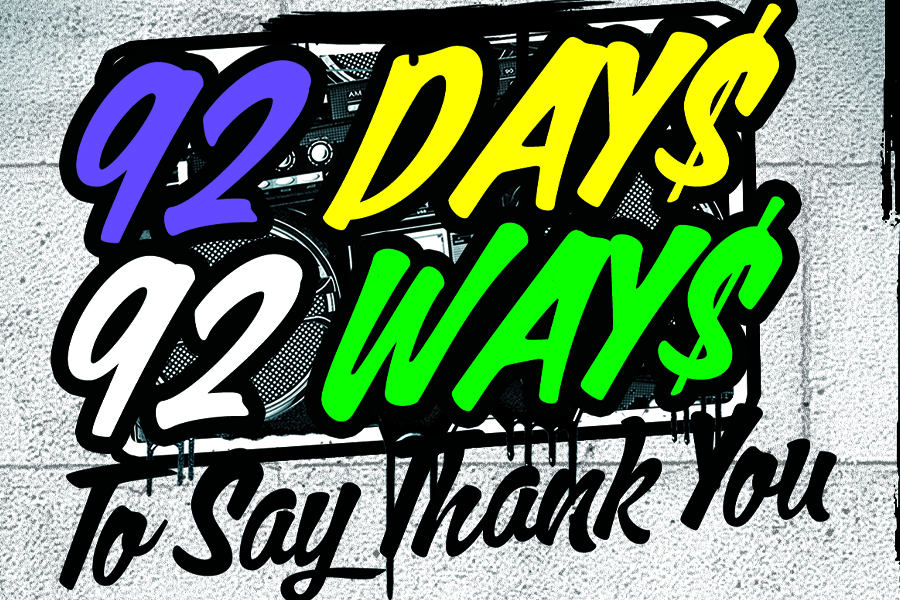How holy is ‘The Holy City?’ A look at Charleston’s complicated history of religion

CHARLESTON, S.C. (WCBD) – For a city known for being “holy,” many would argue that Charleston has quite a few sins in it’s past.
Andrew Kuhn, a native historian and tour guide, says the name “Holy City” was likely just a marketing technique to attract tourists.
“Come visit The Holy City! You know, but in reality, we were anything but that,” says Kuhn.
According to Kuhn, Charleston was known for being religiously tolerant from the very beginning. In fact, he says the freedom to practice your religion was one of the selling points to convince people to migrate when Charleston was a new colony.
“Well, you know yes, there was this sense that you won’t be persecuted by coming to celebrate your faith in Charleston. But even in those early Colonial years if you weren’t Anglican — whether it was Baptist, Quaker, Presbyterian, Methodist — it didn’t really matter. They were grouped in a group called the dissenters,” says Kuhn.
Experts say the Anglican church had little to no respect for those who didn’t conform to their religion; especially the indigenous population and African slaves. This is why many believe Charleston was formed on discriminatory values.

Dena Moses, President of the Charleston Interreligious Council (CIC), believes it’s important to stop sugarcoating the truth when it comes to the Holy City’s past.
“I mean Charleston’s history is one of beauty but also one of true discrimination, misunderstanding and disrespect,” says Moses.
From the outside looking in, Charleston may seem to embody it’s “holy” nickname, with hundreds of churches and religious dwellings on the Peninsula. At the same time, many faith groups classified as minorities still feel the effects of discrimination to this day.
“I grew up here, in a minority tradition, and I don’t think I had as much of an opportunity to really get to know my faith here in Charleston,” says Moses.
This disconnect is exactly what the Charleston Interreligious Council has been working to mend over the last few decades. They are comprised of city leaders from a diverse group of faiths and backgrounds.
Moses says the group often takes “Sacred Space Tours” into different houses of worship in the Charleston area. Here you can see their most recent virtual tour into the Hindu Temple of Charleston:
As for the question of whether or not Charleston is truly a Holy City, Kuhn says there isn’t a straightforward answer.
“Like I said, we were anything but a holy city. Charleston has faced a lot of struggles. But we dealt with those as a people. So yes, I do believe there’s something about that that makes it holy. I do believe that in a way we are a holy city because there’s no other city like us,” says Kuhn.
To learn more about the Charleston Interreligious Council click here. Want to take a tour with Kuhn? Click here.











